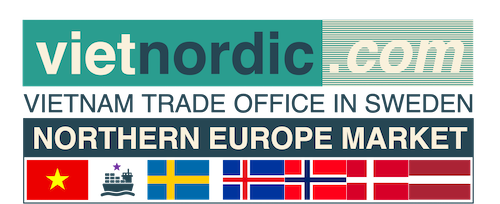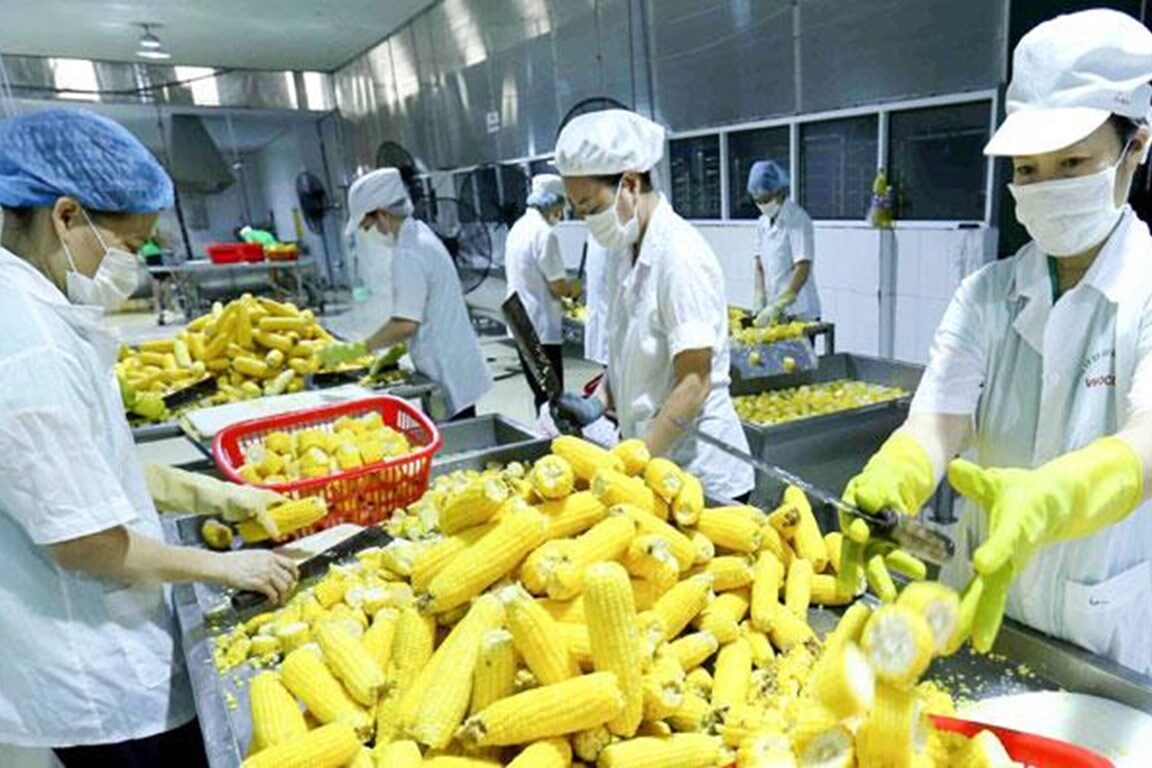Vietnamese companies are marketing their agricultural byproducts to the global vegetarian community, leading to a surge in their exports.
These products did not use to be in much demand but with the diversity of food in the vegetarian community, people have started to look at how to use them in their diets.
Nguyễn Ngọc Lâm, deputy director of Tân Gia Thành Import-Export Company, said when sugarcane and jackfruit could not be sold for reasonable prices domestically, his company had sold them and their byproducts in the international market.
Since then it has found exporting agricultural byproducts lucrative, he said.
It exports around 75 tons of unripe jackfruit to many countries including the US, Russia and Singapore.
It has also exported 20 tons of young areca berries to the US and soon plans to enter the Japanese market.
Phạm Đình Ngãi, director of Sokfarm Company, said after exporting condensed coconut nectar and coconut flower sugar to Japan and the Netherlands, the company has now created some new product lines like coconut flower soy sauce and coconut flower nectar vinegar to introduce to the Korean and European markets.
“Coconut flower nectar is a good product for people who are on a diet because it has a low sugar level and is rich in minerals. Coconut has always been one of Việt Nam’s most profitable trees and so the opportunities to develop products from it are endless.”, Ngãi said.
Though demand for these products is rising this year, raw material supply is unreliable.
Lâm said his company has been getting more orders for the byproducts, but it could not meet them since raw materials are from small local farmers, which means the quality is not consistent.
The government should direct provinces to create specialised farming areas for these crops to prevent this, he added.
Đặng Phúc Nguyên, general secretary of the Việt Nam Fruits and Vegetables Association, said that agricultural byproducts are now being sought by countries around the world, and Việt Nam should take advantage of this.
“Companies need to upgrade their processing facilities and product quality to meet the huge demand in many large markets such as Europe, Korea and Japan,” Nguyên said. – VNS

